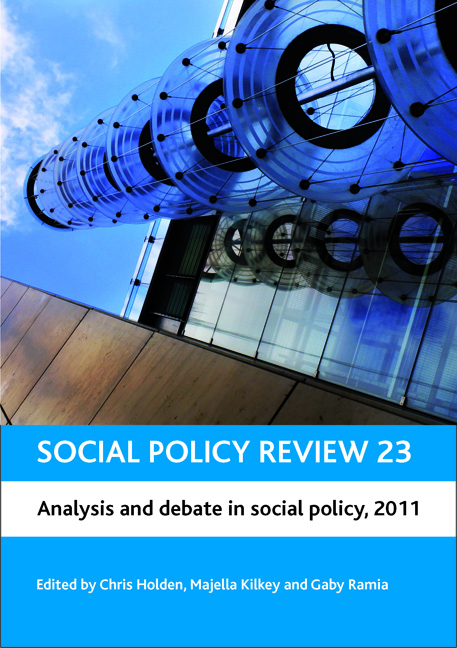thirteen - A sin of omission: New Zealand’s export education industry and foreign policy
Published online by Cambridge University Press: 01 September 2022
Summary
Introduction
Discussions of New Zealand's export education policies and the welfare of its international students are rarely found within literature concerning its international relations and foreign affairs. We suggest that this is a great omission. But it is not a surprising one. New Zealand's export education within trade policy is on quantifiable territory: data abounds on the economic impact of export education to the nation's economy. A less measurable but more long-term impact is on how New Zealand's place in the world is affected by its policies and practices toward international students. Such a view considers the nation's relationships with its international students for longer than just their period of study. This view also considers its export education policies in terms other than trade. It is our contention that New Zealand's foreign and export education policies are inextricably linked, even if that is not evident in the current formation of those policies. The education and wider life experiences international students have while in New Zealand will impact on their lives later on. They may become ‘friends and allies’ to the country and its interests in the world (McGrath et al, 2007). Or they may not.
International education and foreign policy in New Zealand
Most international students in New Zealand come from the Asian region and it is that region and those students that form much of the focus of this chapter. While students from China dominated in 2010, students from South East Asia, particularly Malaysia, Indonesia and Singapore, were among the first students in the country in 1951 and the largest group for many years afterwards. That is not the only reason we devote much of our discussion to Asia. As we show in this chapter, New Zealand's foreign policy interests have also recently veered towards Asia and, as the mandate of the not-for-profit Asia New Zealand Foundation (Asia : NZ), which was set up by the government in 1994, illustrates, the country's future is in Asia also.
The delineation between ‘foreign’ and ‘domestic’ policies is increasingly blurred and especially so with international education in New Zealand. Full fee-paying overseas students provide revenue to public educational institutions both at the compulsory education levels and at universities and polytechnics.
- Type
- Chapter
- Information
- Social Policy Review 23Analysis and Debate in Social Policy, 2011, pp. 257 - 280Publisher: Bristol University PressPrint publication year: 2011



